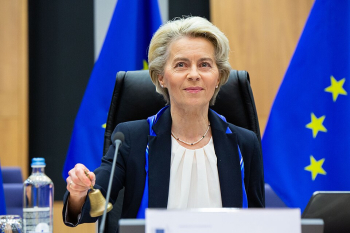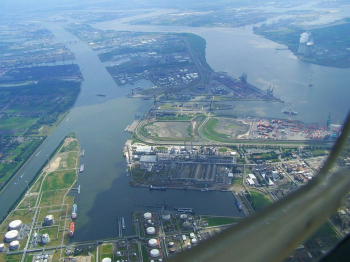
Andorra, a small landlocked country located in the eastern Pyrenees mountains between France and Spain, has long maintained a unique position in Europe. With a population of
approximately 77,000 people and a prosperous economy mainly reliant on tourism and banking, Andorra has managed to thrive without being a part of the European Union (EU). This article delves into the reasons why Andorra has chosen not to pursue EU membership, exploring the advantages and disadvantages of maintaining its current status.
Sovereignty and Independence
One of the primary reasons Andorra has been reluctant to join the EU is its commitment to maintaining its sovereignty and independence. As a small nation with a distinct culture and history, Andorra has a desire to retain control over its domestic policies, trade agreements, and economic decisions without being subject to the regulations and directives imposed by the EU.
Fiscal Autonomy
Andorra has developed a unique and advantageous fiscal system that has allowed it to attract foreign investments and foster economic growth. The country operates on a low-tax regime, which has been instrumental in attracting both tourists and multinational corporations. Becoming a member of the EU would likely require Andorra to adopt common tax policies, which might impact its competitive advantage and attractiveness as a financial hub.
Customs and Border Control
Another key aspect that sets Andorra apart from the EU is its control over customs and border regulations. Being outside the EU's customs union grants the country greater flexibility in setting its own trade policies, including tariffs and import regulations. This has contributed to Andorra's ability to negotiate advantageous trade deals with both EU and non-EU countries.
Smaller Economies' Concerns
Andorra is part of the European Economic Area (EEA) but not the EU, which allows it to access the EU's single market without being an official member. Many smaller economies like Andorra have expressed concerns about the challenges and complexities of complying with EU regulations, which are often tailored to larger member states. The fear of being overwhelmed by EU bureaucracy and the potential lack of influence in decision-making processes have made the prospect of EU membership less appealing to Andorra.
Bilateral Relations
By maintaining its current status, Andorra enjoys the flexibility to engage in bilateral relations with both EU and non-EU countries. This freedom allows the nation to pursue its interests and establish mutually beneficial agreements without being tied to EU-wide policies.
Conclusion
Despite its geographical proximity to the EU and its integration into the European Economic Area, Andorra has chosen not to pursue EU membership. The country's commitment to sovereignty, fiscal autonomy, and maintaining control over its customs and border regulations has led it to remain independent from the EU. While the benefits of EU membership are evident for many nations, Andorra's unique circumstances and priorities make it content with its current position as an autonomous nation thriving on its own terms. Photo by Tiia Monto, Wikimedia commons.

















